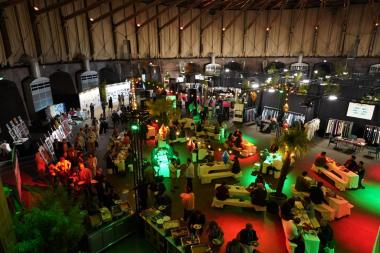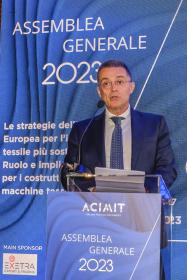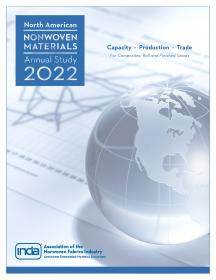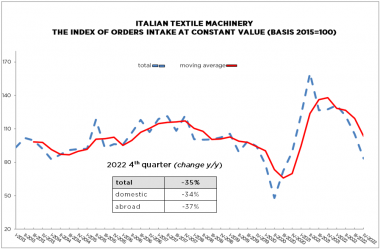BAE: ‘Best of Bangladesh Europe’ in Amsterdam
On 5th September 2023, the Amsterdam: Best of Bangladesh Europe’ started in the venue of Wastergas in Amsterdam. The 2-day nation branding event was organized by Bangladesh Apparel Exchange (BAE), with support from the Embassy of Bangladesh, Ministry of Commerce, Export Promotion Bureau (EPB) of Bangladesh and in association with PDS.
Tipu Munshi, MP, Commerce Minister, Government of the People’s Republic of Bangladesh; Michiel Sweers, Vice Minister of Foreign Economic Relations, Kingdom of the Netherlands; Shahriar Alam, MP, State Minister for Foreign Affairs, Government of the People’s Republic of Bangladesh; Md Siddiqur Rahman, Former president of BGMEA; M Riaz Hamidullah, Ambassador of Bangladesh to the Netherlands; Leslie Johnston, Chief Executive Officer, Laudes Foundation; Pallak Seth, Founder & Vice Chairman, PDS Limited; and Mostafiz Uddin, Founder & CEO, Bangladesh Apparel Exchange; attended the inaugural ceremony of the ‘Best of Bangladesh’.
Three MoU were signed in the inaugural for the development of the industries of Bangladesh.
The 1st MoU was signed between Bangladesh Apparel Exchange and Eindhoven International Project Office (EIPO). The 2nd MoU was signed between Bangladesh Apparel Exchange and Apparel Impact Institution. The 3rd MoU was signed between Bangladesh Apparel Exchange and Oxfam.
More than 35 companies from various fields, including apparel, textiles, agriculture, handicrafts, and other sectors, participated in the initiative.
The event held six interactive panel sessions on the topics "Bangladesh – Perspectives from an Emerging Economy", "Sustainable Sourcing Realities: Challenges, Achievements & Next Steps”, “Empowering the Future: Advancing Safety & Well-being for Garments Workforce in Bangladesh", "Bangladesh Agro-Food: A Next Opportunity for Collaboration", "Impact Investing - The Next Frontier", and “Sustainable Synergy: Circular Economy, Climate Action & Bangladesh’s Future".
A Bangladesh Innovation Runway was presented by Pacific Jeans at the event. The Bangladesh Innovation Runway showcased the ability of the country in producing high end, sustainable and innovative apparel products.
Bangladesh Apparel Exchange
































